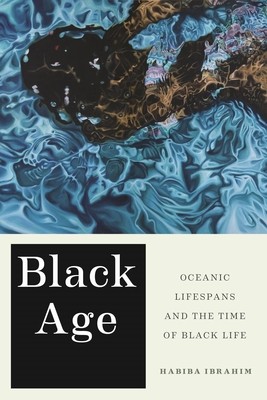
- We will send in 10–14 business days.
- Author: Habiba Ibrahim
- Publisher: New York University Press
- Year: 2021
- Pages: 272
- ISBN-10: 1479810894
- ISBN-13: 9781479810895
- Format: 14.8 x 22.6 x 2.2 cm, minkšti viršeliai
- Language: English
- SAVE -10% with code: EXTRA
Reviews
Description
HONORABLE MENTION, HARRY SHAW AND KATRINA HAZZARD-DONALD AWARD FOR OUTSTANDING WORK IN AFRICAN-AMERICAN POPULAR CULTURE STUDIES, GIVEN BY THE POP CULTURE ASSOCIATION
A view of transatlantic slavery's afterlife and modern Blackness through the lens of age
EXTRA 10 % discount with code: EXTRA
The promotion ends in 21d.19:34:46
The discount code is valid when purchasing from 10 €. Discounts do not stack.
- Author: Habiba Ibrahim
- Publisher: New York University Press
- Year: 2021
- Pages: 272
- ISBN-10: 1479810894
- ISBN-13: 9781479810895
- Format: 14.8 x 22.6 x 2.2 cm, minkšti viršeliai
- Language: English English
HONORABLE MENTION, HARRY SHAW AND KATRINA HAZZARD-DONALD AWARD FOR OUTSTANDING WORK IN AFRICAN-AMERICAN POPULAR CULTURE STUDIES, GIVEN BY THE POP CULTURE ASSOCIATION
A view of transatlantic slavery's afterlife and modern Blackness through the lens of age


Reviews